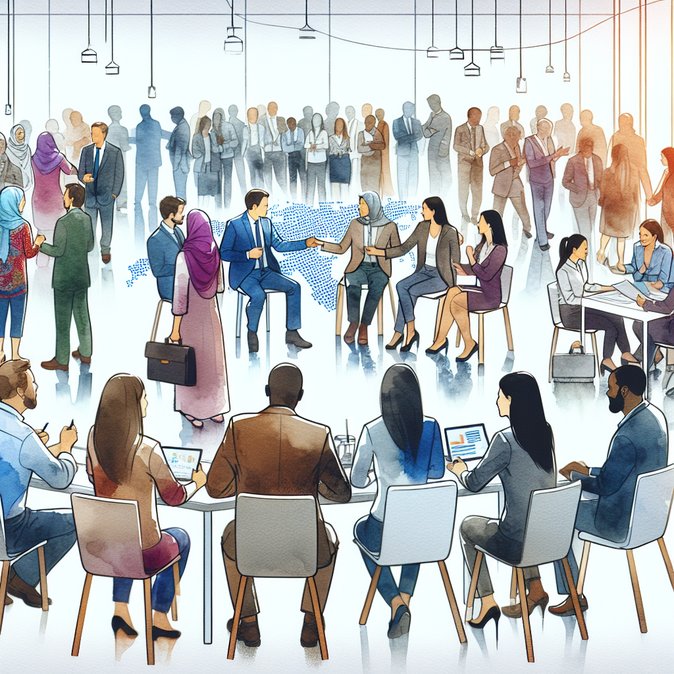
The University of São Paulo hosted a two-day Pre-COP30 conference ending on 7 November 2025, convening academics, policymakers and corporate sustainability chiefs to prepare position papers for the UN summit in Belém. Beyond climate debates, the organisers devoted a full session to practical mobility issues, inviting the Foreign Ministry to demonstrate Brazil’s upgraded e-Visa platform.
Officials confirmed that all accredited COP30 participants—and journalists covering the event—are entitled to a gratis electronic visa valid until 31 December 2025. The online application requires only a UNFCCC acknowledgement letter and promises a 10-working-day turnaround, far faster than the legacy consular channel. Participants can also enter on a standard VIVIS visitor visa, but the e-Visa eliminates fees and simplifies renewals for those planning multiple site visits in the Amazon basin.
![Pre-COP30 dialogs at USP highlight streamlined visa process for conference visitors]()
Relocation advisers attending the session noted that Brazil has integrated the e-Visa system with its SEI-Migrante portal, allowing bulk uploads of delegation data—useful for multinationals sending large teams. The platform will remain live after COP30 and may form the backbone of Brazil’s future business-visitor programme, an outcome applauded by the National Confederation of Industry.
Visa policy aside, the Pre-COP30 event gave foreign assignees a preview of Brazil’s new sustainability-focused tax incentives, including expedited customs clearance for renewable-energy equipment—a boon for project managers relocating specialised staff and cargo.
Companies intent on showcasing Amazon projects during COP30 should initiate visa applications now and secure internal travel to Belém, where hotel capacity remains constrained despite a surge of new properties scheduled to open by September 2025.
Officials confirmed that all accredited COP30 participants—and journalists covering the event—are entitled to a gratis electronic visa valid until 31 December 2025. The online application requires only a UNFCCC acknowledgement letter and promises a 10-working-day turnaround, far faster than the legacy consular channel. Participants can also enter on a standard VIVIS visitor visa, but the e-Visa eliminates fees and simplifies renewals for those planning multiple site visits in the Amazon basin.

Relocation advisers attending the session noted that Brazil has integrated the e-Visa system with its SEI-Migrante portal, allowing bulk uploads of delegation data—useful for multinationals sending large teams. The platform will remain live after COP30 and may form the backbone of Brazil’s future business-visitor programme, an outcome applauded by the National Confederation of Industry.
Visa policy aside, the Pre-COP30 event gave foreign assignees a preview of Brazil’s new sustainability-focused tax incentives, including expedited customs clearance for renewable-energy equipment—a boon for project managers relocating specialised staff and cargo.
Companies intent on showcasing Amazon projects during COP30 should initiate visa applications now and secure internal travel to Belém, where hotel capacity remains constrained despite a surge of new properties scheduled to open by September 2025.










